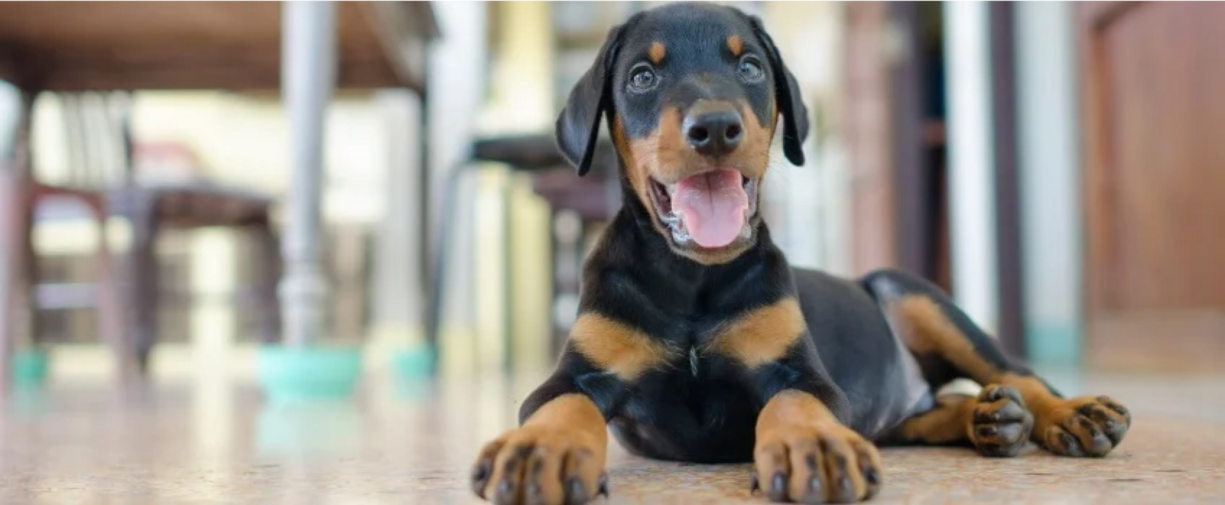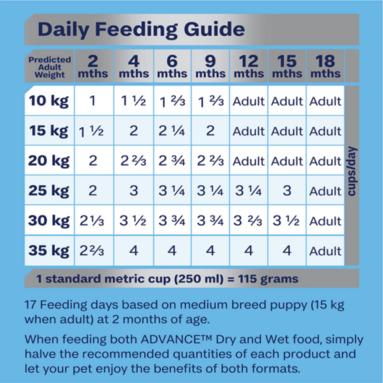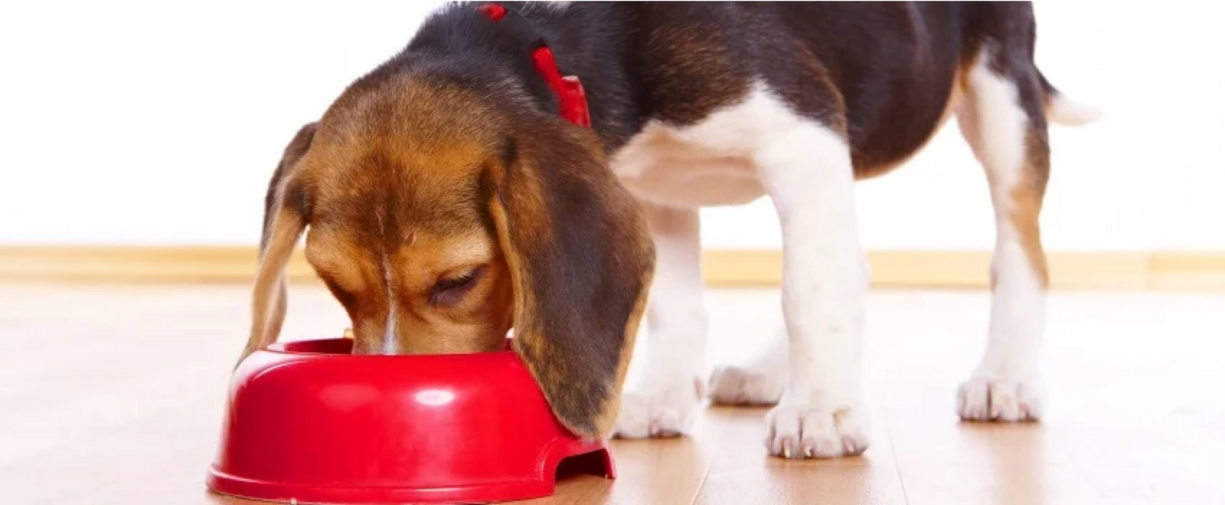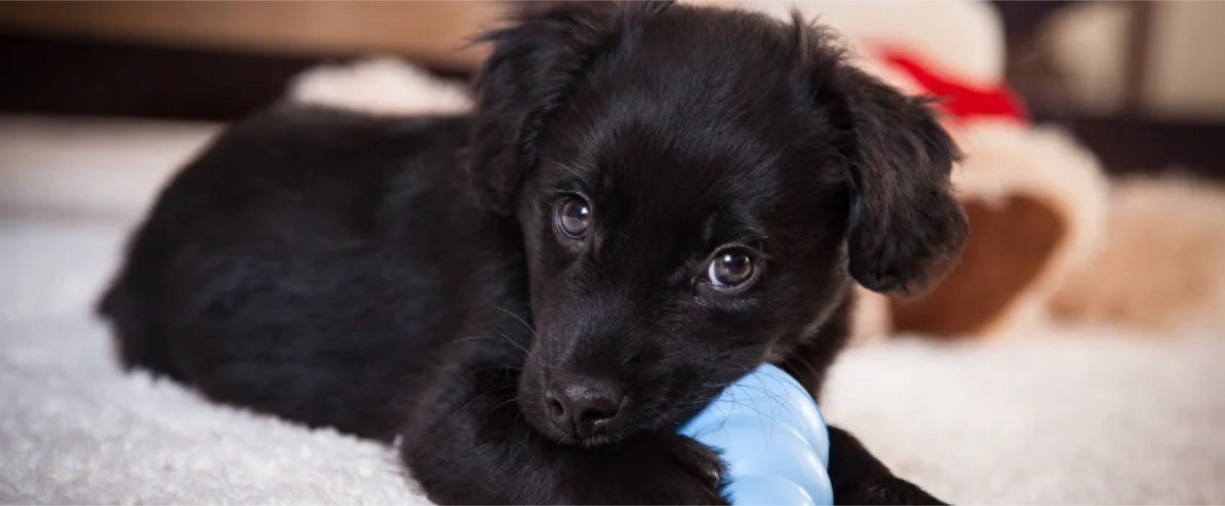What to Feed a Puppy with Diarrhoea?
Puppies are very prone to tummy upsets, which may present as loose stool, gas, or vomiting. Causes of an upset stomach are commonly caused by a change in diet, eating raw meat or bones, or dietary indescretion (ie, eating something they shouldn't have!). More serious causes of tummy upsets include bacterial infections, parasites such as hookworm and coccidia, and viruses such as parvovirus.
If your puppy has an upset tummy, you should call your vet for advice. Mild symptoms such as a soft stool or gas might benefit from a strict 'puppy food only' regime for a few days with no raw food, diet changes, or treats, or a bland diet such as poached chicken and white rice, or steamed fish and potato. More serious symptoms such as vomiting, watery diarrhoea, blood in the stool or inappetence require immediate veterinary attention.
Why is my Puppy Not Eating?
There could be several reasons why your puppy is not eating. It's important to first rule out any medical issues by consulting with your veterinarian. Some common reasons for a puppy not eating include:
1. Illness or Pain: If your puppy is sick or in pain, they may lose their appetite. Dental issues, gastrointestinal problems, infections, or other health issues could be the cause.
2. Stress or Anxiety: Changes in environment, routine, or new experiences can cause stress in puppies, leading to a decreased appetite. Loud noises, other pets, or disruptions during meal times can make your puppy reluctant to eat. Read our guide to How to Calm an Anxious Pet for more information.
3. Dislike of the food: Your puppy may not like the food you're offering. Some puppies will cleverly wait and not eat the food that's offered if they learn that something more enticing will be offered - rest assured that if a puppy is healthy and has no underlying health problems, they will eat the food that's offered when they are hungry.
4. Sudden change in diet: Your puppy may have an upset stomach from a sudden change in diet. We recommend feeding your puppy the same food as the breeder or shelter was feeding previously in the first 1-2 weeks while your puppy adjusts to their new environment. Then, you can gradually change their diet if you wish, following the guidelines in our guide to How to Introduce a New Food to Your Pet.
5. Puppy Teething: Puppies go through teething, which can make their gums sore and reduce their interest in eating.
6. Overfeeding: If your puppy is being overfed, they may not be hungry at regular meal times.
If your puppy is not eating, it's best to consult with a veterinarian to determine the underlying cause and get appropriate treatment.
How much water should a puppy drink?
Puppies should have access to fresh, clean water at all times. Water intake varies greatly between different dogs, and is dependent on a number of factors including body size, diet, activity levels, environmental temperature and humidity and individual thirst drive. In general, a range between 20-70mL per kilogram of bodyweight per day is considered average. If you notice your puppy drinking significantly more or less than usual, it's a good idea to consult with a veterinarian to rule out any underlying health issues.
Can puppies eat adult dog food?
As described above, puppies have different nutritional needs than adult dogs, so it's crucial to feed them a puppy-specific formula until they reach adulthood. Puppy food is specially formulated to provide the higher levels of nutrients, calories, and protein that growing puppies need for proper development. Adult dog food may not provide these specific requirements, which can lead to deficiencies or excesses that may harm a growing puppy's health.







